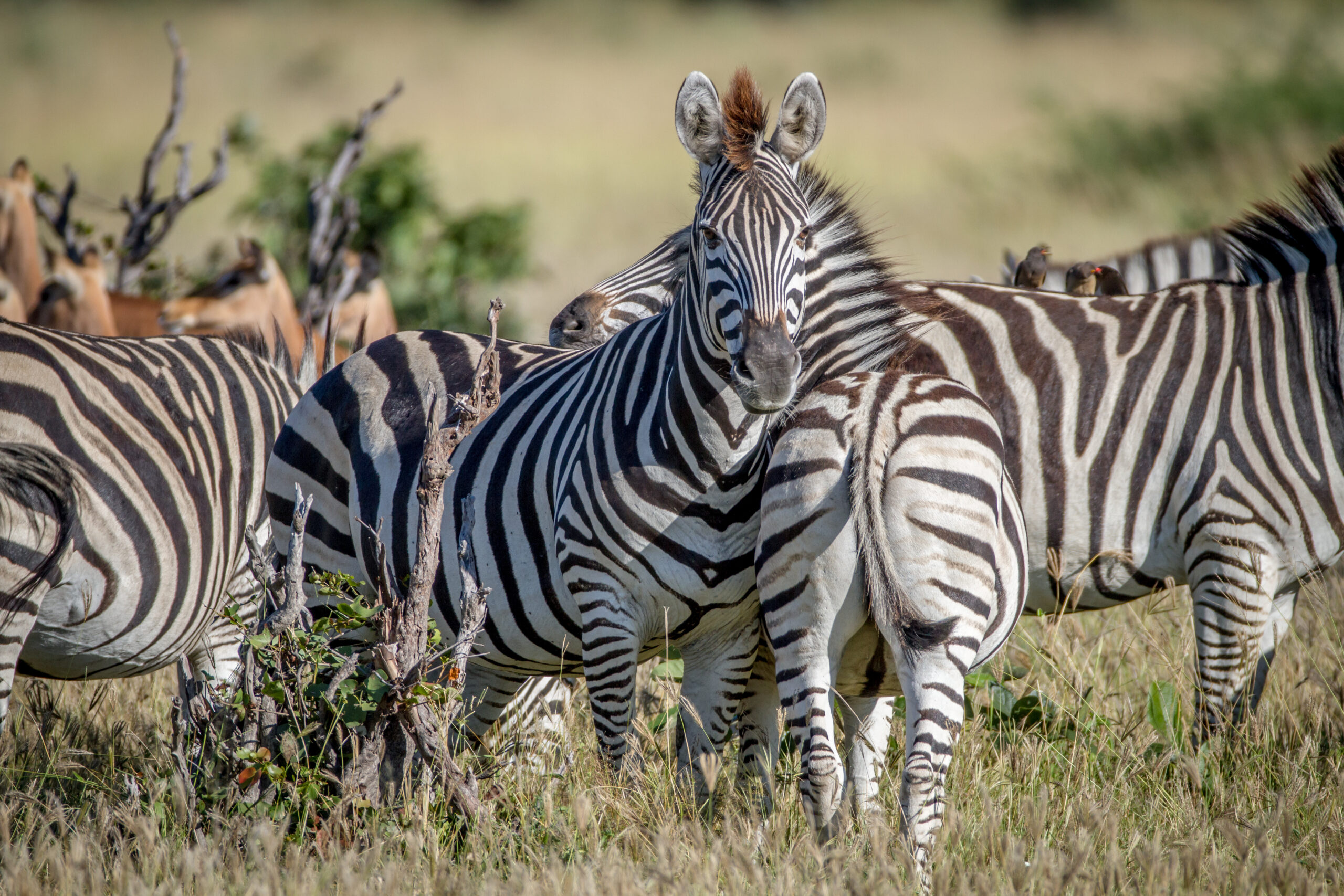Tanzania utilizes its biodiversity for conservation and wildlife tourism, a major GDP contributor. The Wildlife Policy of Tanzania established Wildlife Management Areas (WMAs) to integrate conservation with community development on village lands, aligning with neoliberal and participatory ideals. However, a case study of Burunge WMA revealed discrepancies: local communities felt excluded, experienced increased poverty and lost resource access. Transnational NGOs oversaw WMA creation in a neoliberal context, commodifying resources and enabling external investor access. This reregulation, including land privatization and market-driven conservation, undermined community autonomy. Official narratives often ignore local challenges, prioritizing profit over equity and community agency. Alternatives should ensure local participation, livelihood preservation and transparent governance.

